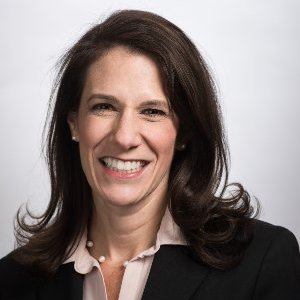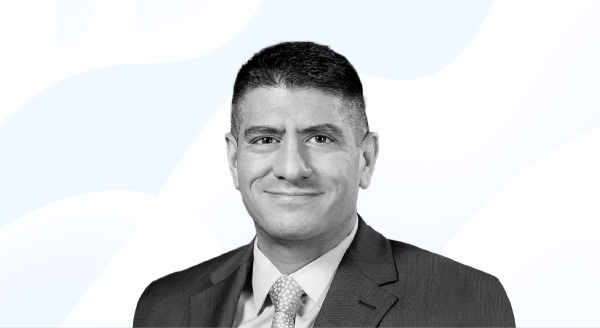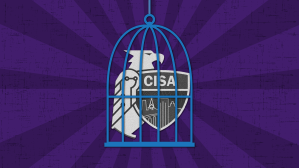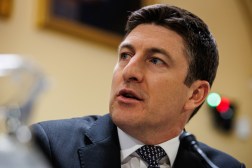Top Women in Cybersecurity: Amy Howland
Amy Howland, Chief Information Security Officer, CSRA
Protecting thousands of colleagues from getting hacked while at work everyday can be a difficult job, and even more so when a newly created computer network is added to the mix, but that’s exactly what CSRA’s Chief Information Security Officer Amy Howland has done.
Howland leads a cadre of cybersecurity professionals at CSRA, a company formed in 2015 following the merger of two giants in the government IT contractor space, SRA International and CSGov.
CSRA has been called, among other things, the “world’s largest pure-play U.S. government solution provider.”
“We are a brand new company of 18,000 employees, most of who come from our legacy companies, SRA International and CSGov,” said Howland, “that means we have to create a new network while continuing to excel and support our business operations.”
How have you overcome some of the more challenging obstacle you’ve faced in your career?
 Every job has its own unique challenges, but the key is to understand the problem and adapt to the different circumstances. The biggest challenge I have faced is bridging two companies with two different networks together to create a new CSRA network.
Every job has its own unique challenges, but the key is to understand the problem and adapt to the different circumstances. The biggest challenge I have faced is bridging two companies with two different networks together to create a new CSRA network.
Why is it important to empower and encourage women and other minorities to get involved in technology-related fields?
We need the best minds to combat the biggest challenges. I’ve never viewed myself as a role model to other women in particular because I want to empower everyone to rise to the challenge and be the best person they can be. We live in an extraordinary time where anyone can achieve their dreams if they have the determination to do so. I started my career as an accountant and now I’m in charge of cybersecurity for a major company. There are no limits. We need your help. If you educate yourself and become the best you can be in the world of cybersecurity, we will have a job waiting for you.
What inspired you to get into the cybersecurity industry?
I began my career as an accountant, auditing companies for a major financial firm. Eventually, I made my way to the security side of the company and began to engage in what is called “ethical hacking.” Ethical hacking refers to the practice of attacking our customers’ systems (per contract) to find their weaknesses or vulnerabilities. From there, we work with the customer to fix these vulnerabilities and increase their security. It was a lot of fun and helped me to discover my new calling. This knowledge has stayed with me as my career progressed. It also revealed which types of information are vulnerable and how to protect them.
What would you say to young women who are thinking about a career in technology or related fields, or just starting out in their careers? What’s the best advice you could offer for success?
There are no limits. If you have an aspiration to do something, or be something in particular, do it! Find what interests you and investigate it more. Talk to people about how they got to where they are and why they enjoy it. Cybersecurity, in particular, is a fascinating field with so many different layers – from technical to policy and more. My advice is to get involved in multiple areas. Learn the basic engineering and tactics, but also investigate how cybersecurity applies to the entire industry, from policy and regulations to hacking and threats. Being well rounded makes you more knowledgeable and helps you see the full picture.






